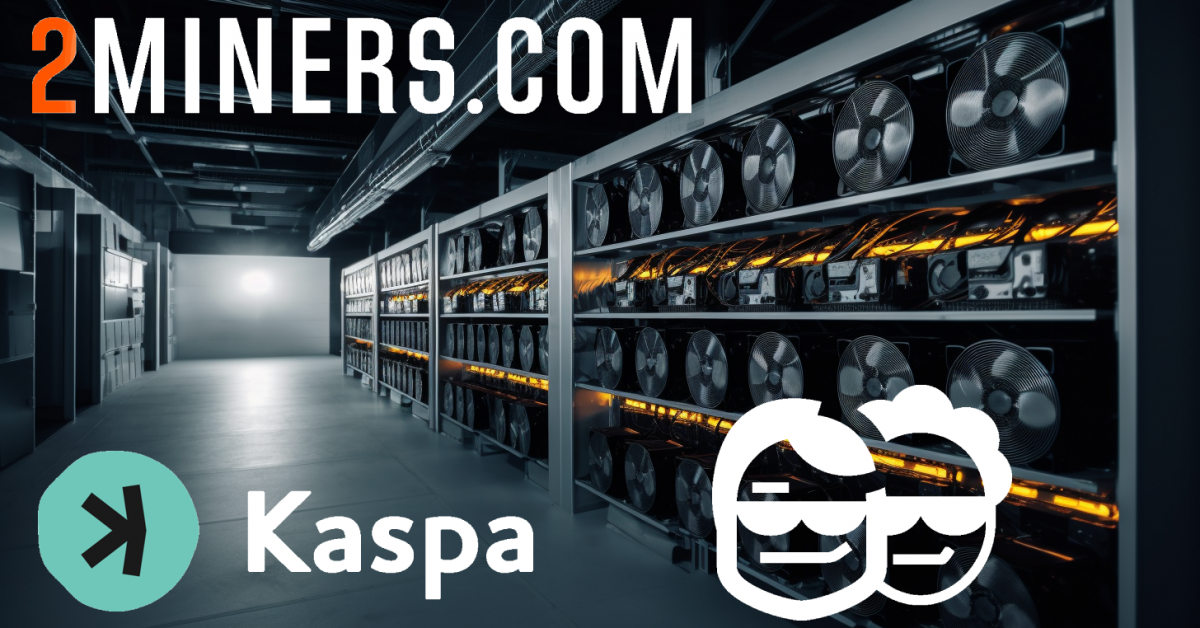Vitalik Buterin addresses threats to Ethereum’s decentralization in a new blog post.

Ethereum co-founder Vitalik Buterin wrote a detailed blog post analyzing the three core issues of Ethereum centralization: miner or maximum extractable value (MEV), liquid staking, and hardware operating costs. responded to criticism of the chain. Solo node.
Buterin noted that concerns about Ethereum’s design in these three key areas are “widely shared,” adding, “These are concerns that I have personally had on many occasions.” But Buterin said the problem may not be as difficult to overcome as some claim.
In a post published on May 17, Buterin first addresses the MEV problem: the financial benefit that sophisticated node operators can gain by altering the order of transactions within a block. Buterin characterizes two approaches to MEV: “minimization” (reducing MEV through the design of smart protocols like CowSwap) and “isolation” (attempting to reduce or eliminate MEV entirely through in-protocol techniques).
MEV isolation seems like an attractive option, but Buterin points out that this prospect comes with centralization risks. Buterin pointed out that “attacks can occur very easily if the builder has the power to completely exclude transactions from the block.” Buterin, however, defended Builders performing MEV isolation operations through concepts such as transaction inclusion lists, which “completely eliminate the Builder’s ability to push transactions out of blocks.”
“I think the idea in this direction of making the isolation box as small as possible is really interesting and I would prefer to go in that direction,” Buterin concluded.
Liquid staking and node operation
Buterin also points out that most stakers choose to stake with a staking provider, either a centralized service like Coinbase or a decentralized service like Lido or RocketPool, considering the complexity, hardware requirements, and minimum 32 ETH required, making the relative stakes We also discussed the small number of solo Ethereum stakers. Operates Ethereum nodes independently.
Buterin acknowledged that progress has been made to reduce the costs and complexities associated with running a solo node, but “there is more we can do,” perhaps reducing the time to withdraw staked Ether or reducing the 32 ETH minimum requirement. and mentioned. To become a solo staker.
“The wrong answer could lead Ethereum down a path of centralization and ‘reinvent the traditional financial system with additional steps.’ The right answer is a shining example of a successful ecosystem with a wide and diverse range of solo stakers and highly decentralized staking pools. can be created,” Buterin wrote.
The issue of high hardware requirements for nodes appears trickier, Buterin said, but with Verkle Trees and the upcoming EIP-4444, “the hardware requirements for nodes could eventually be reduced to less than 100 GB, and perhaps almost to less than 100 GB for historical storage.” If you completely remove liability (perhaps only for non-staking nodes), it becomes 0.”
Buterin concluded his post by asking the Ethereum ecosystem to solve difficult problems rather than avoid them. “…we must have a deep respect for the properties that make Ethereum unique, and we must continue to work to maintain and improve upon these properties as Ethereum scales,” Buterin wrote.
Buterin added in a post on X today that he was glad to see civil debate among community members. “I’m really proud that Ethereum doesn’t have a culture that tries to stop people from expressing their thoughts, even when they have very negative feelings about the protocol or major things about the ecosystem. Some take this seriously,” Buterin wrote.
Disclaimer: The Block is an independent media outlet delivering news, research and data. As of November 2023, Foresight Ventures is a majority investor in The Block. Foresight Ventures invests in other companies in the cryptocurrency space. Cryptocurrency exchange Bitget is an anchor LP of Foresight Ventures. The Block continues to operate independently to provide objective, impactful and timely information about the cryptocurrency industry. Below are our current financial disclosures.
© 2023 The Block. All rights reserved. This article is provided for informational purposes only. It is not provided or intended to be used as legal, tax, investment, financial or other advice.



